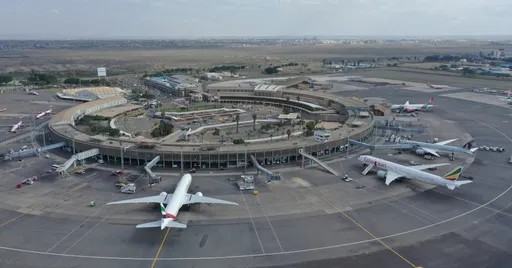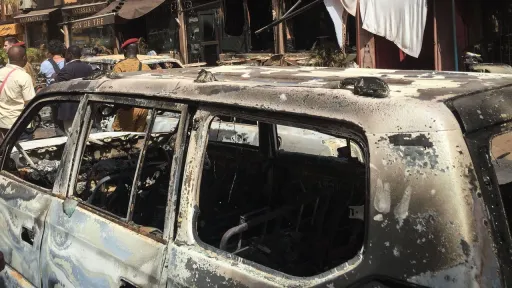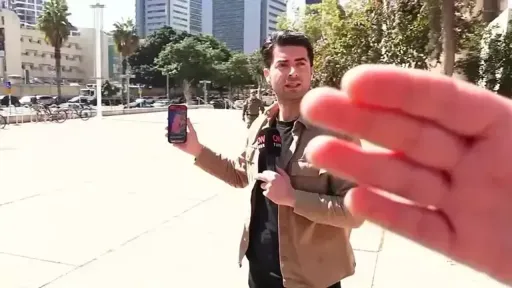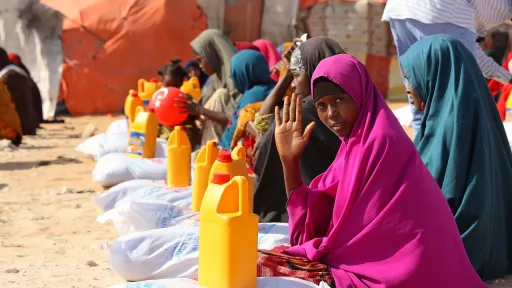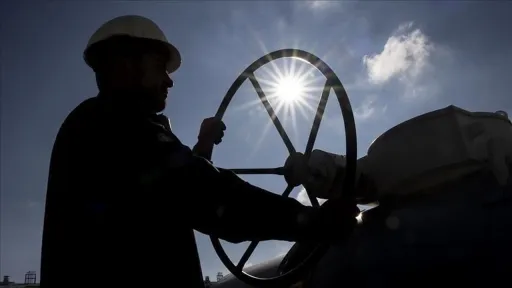As Africa Energy Week wraps up in Cape Town, we are faced with a pressing question: Can we genuinely fulfill the promise of eradicating energy poverty by 2030?
The answer hinges not on foreign investment or external solutions, but rather on a crucial factor—African responsibility for our own challenges.
Currently, around 600 million Africans live without electricity. In Nigeria alone, over 85 million individuals lack reliable access to power, despite the continent's vast natural gas reserves that could potentially electrify the region.
This paradox of resource abundance juxtaposed with energy scarcity highlights a significant crisis of purpose and execution within our energy sector.
The real issue is not whether Africa can bridge this debilitating energy gap; it is whether we, as Africans, are prepared to take ownership of the problem and act with determination to find solutions.
Breaking free from dependency
For far too long, Africa's energy narrative has been dictated by external forces. Policies have been crafted by consultants, timelines set by financiers, and agendas shaped by global institutions.
This dependency has fostered a culture of blame, where external factors such as sanctions, market fluctuations, and investor hesitance are cited as reasons for our failures.
However, these excuses do not account for the fact that proven reserves remain untapped, gas continues to flare while millions remain in darkness, and oil production has seen a decline over the past two decades.
The uncomfortable truth is that Africans must develop and implement solutions that are grounded in our local realities.
No one understands our complexities better than we do, nor do they care more about our development. The moment we take full ownership of our challenges is the moment we can begin to make real progress.

Defining Accountability in Energy Management
Accountability is not merely a buzzword; it is a measurable standard. Take Nigeria's OML 17, for example—one of the country’s most intricate onshore assets.
Under new management, production doubled within just 100 days, achieving a remarkable 99.8% reconciliation factor in a region historically plagued by losses.
Every drop of oil reached the terminal, and every molecule of gas contributed to Nigeria’s domestic market, powering homes and industries alike.
The success of OML 17 serves as a replicable model for other countries like Congo, Angola, and Gabon, which face similar challenges with aging infrastructure and declining production.
The methodology is proven, the approach scalable, and the results demonstrate that African-led operations can achieve world-class performance when accountability is prioritized.
These achievements did not arise from foreign expertise or massive capital influxes. They emerged from rejecting the notion that theft and inefficiency are inherent to African operations.
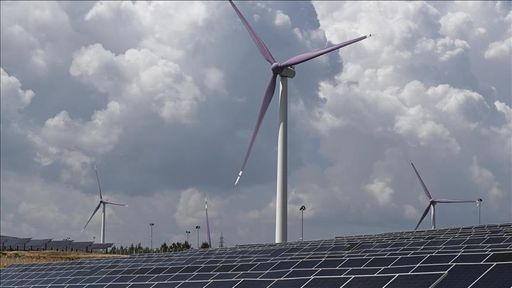
When Africans apply their skills with purpose, create transparent systems, engage communities as partners, and hold themselves to high standards, transformation is not just possible—it is inevitable.
The Ambitious Goal of 2030
Can Africa truly eliminate energy poverty by 2030? While the timeline is undeniably ambitious, the focus should not solely be on the date itself but rather on establishing the systems and local ownership necessary to make progress a reality.
To meet the energy needs of the continent, Africa requires approximately $2 trillion in infrastructure investment by 2030.
Current investment levels fall significantly short of this target, and global capital increasingly favors markets with proven governance.
To attract the necessary investment, we must demonstrate that African operations can yield returns, safeguard assets, and benefit local communities.
Optimism should not stem from wishful thinking but from tangible evidence that Africans can seize control of their destiny. Each successful operation and community partnership serves as proof that the narrative of needing external management is outdated.
Africa's energy future
Africa’s energy future must transition from a history characterized by extraction to one focused on sustainable development.
This shift requires measurable commitments: building local workforces, investing in training, developing indigenous expertise, engaging communities as partners, adhering to global standards, and investing local capital alongside foreign investments.
Energy poverty will not dissipate simply because 2030 arrives; it will end when Africans collectively decide that living in darkness is unacceptable and take decisive action to change it. The resources, technology, and talent are already present.
What remains is the courage to fully embrace the challenge and propel the continent toward energy sufficiency.
As we move forward, it is imperative that we harness our collective potential and take ownership of our energy future.
The author, Osa Igiehon is a transformational energy business executive, thought leader and innovator. He is the CEO of Heirs Energies, an African energy company. These views are his own and do not necessarily reflect those of his organisation.
Disclaimer: The views expressed by the author do not necessarily reflect the opinions, viewpoints and editorial policies of TRT Afrika.














